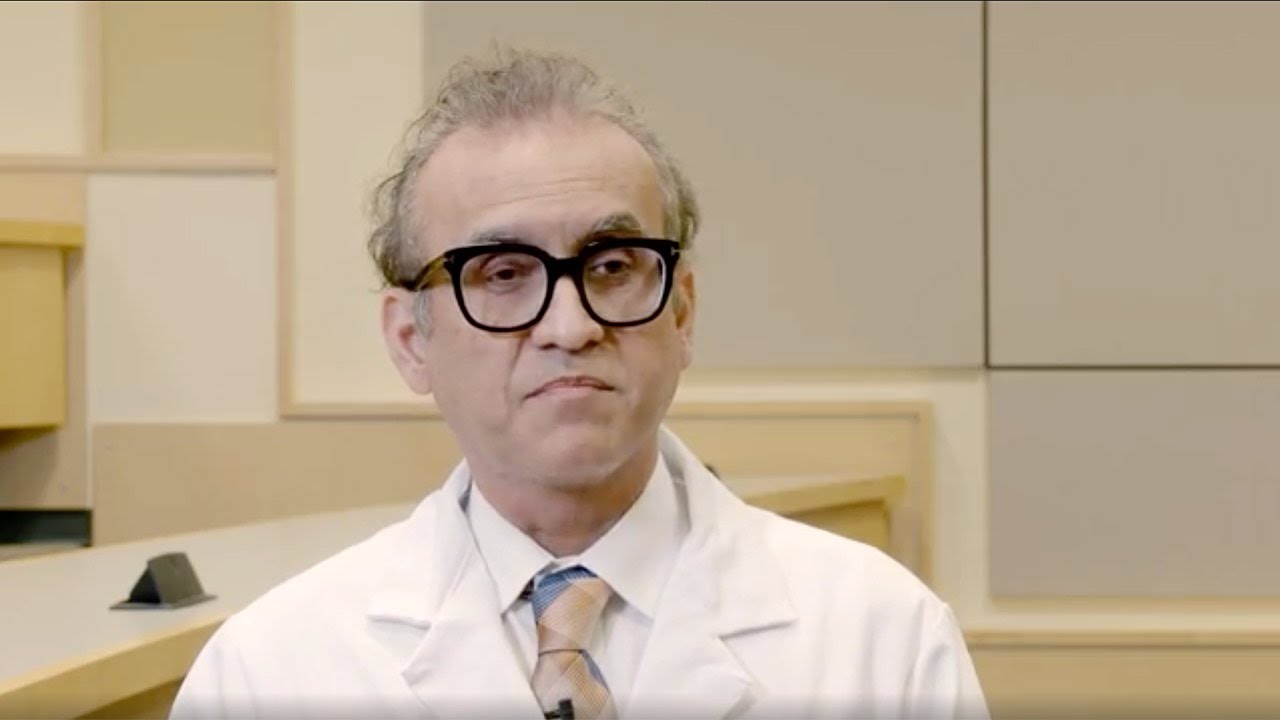Dr. Muhammad Mohiuddin, a world expert on xenotransplantation, has broken new ground in medicine. Mohiuddin has carried out the world’s first pig-to-human heart transplant, saving the life of a 57 year old man. The patient, David Bennett, is said to be doing well. The coming weeks will reveal whether his body has fully accepted its new organ.
Mohiuddin acts as the scientific and program director of the University of Maryland School of Medicine’s Cardiac Xenotransplantation Program. This historic achievement represents the culmination of 30 years of complex research. “It was my dream, which came true. It’s something I didn’t imagine doing in my lifetime,” he says.
Muhammad Mohiuddin: a life of research
After migrating to the US from Pakistan, Mohiuddin finished his first fellowship in Transplantation Biology at University of Pennsylvania. He then completed fellowships in bone marrow transplantation at the Institute of Cellular Therapeutics and MCP Hahnemann University (now Drexel University). Mohiuddin then held faculty positions at University of Pennsylvania, and the Philadelphia and Rush University in Chicago.
He joined the National Institute of Health (NIH) in 2005, from which he has won several research grants. At the NIH, he served as chief of transplantation section of Cardiothoracic Surgery Research Program and Senior Scientist at the National Heart, Lung and Blood Institute. Mohiuddin also serves as the president-elect for the International Xenotransplantation Association.
With over 120 publications, 100 abstracts and many presentations, Mohiuddin’s contribution to the fields of transplantation and xenotransplantation is massive. Immunosuppressive techniques developed under his leadership are now widely used throughout the field of xenotransplantation. Mohiuddin’s team also holds the record for longest xenograft survival in a large animal.
Muhammad Mohiuddin grows interested in animal-to-human transplants
Mohiuddin grew up in Pakistan. He earned his medical degree at Dow Medical College in Karachi, before finishing his surgical training at the Civil Hospital. After emigrating to the USA with dreams of becoming a cardio-thoracic surgeon, a mentor at his university suggested he do otherwise. Transplant research had the potential to help many. “If it works out, it will exponentially increase your chances of helping a lot more people than you will in your entire life,’” the mentor told him.
Mohiuddin’s transition into xenotransplantation (the process of transplanting organs between two different species) brought many challenges. The painful process of trial and error almost caused him to give up: “Many times I thought that I don’t want to do this. There are so many issues in xenotransplantation that, in the back of my mind, I always used to think whether we will ever be able to take it to the clinic,” he says.
But after 30 years of disappointment, Mohiuddin’s hard work has finally paid off. While bodies usually reject transplants from other species, 57 year old David Bennett has accepted a pig’s heart into his system. It’s saved his life.
Muhammad Mohiuddin: first pig-to-heart transplant
David Bennett had been hospitalized for the past few months. Unfortunately, he did not meet the criteria for a human heart transplant and faced death if he did not try the procedure. As of two weeks after the transplantation, Bennett is still alive and his body has not rejected the pig’s heart.
Xenotransplantation has usually failed in the past, as the body’s immune response recognizes the new organ as a foreign object and rejects it. Mohiuddin’s team got around this by editing the genes of a pig’s heart to more closely resemble a human’s. The cocktail they used to extend the viability of the heart during transport also contained a controversial substance: cocaine.
The solution, which along with cocaine contains around 10 hormones including cortisol and adrenaline, is another breakthrough for transplantation. It effectively prevents heart failure in transplants. “When we were not using this solution, we were getting failures within 48 hours. But when we started using this and infusing the heart with this solution, the heart became well preserved and started beating very well,” Mohiuddin says. After a lengthy permit application process, they got the go ahead to use the controlled substance.
In the future, Mohiuddin wants this historic procedure to set a standard, saving many more lives to come. “I want to see this become a normal routine procedure. I will try to do my best to convince the FDA that it should not be only Mr Bennett but everyone who is eligible must be given a chance,” he says.
Watch an interview with Mohiuddin here to find out more about this monumental achievement.



